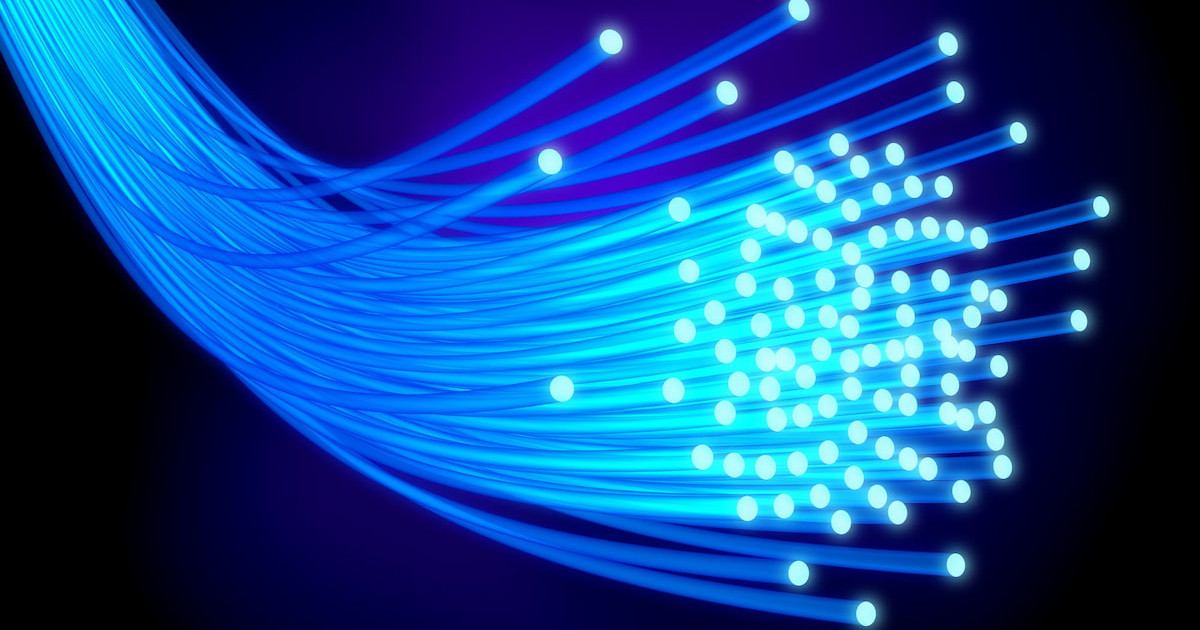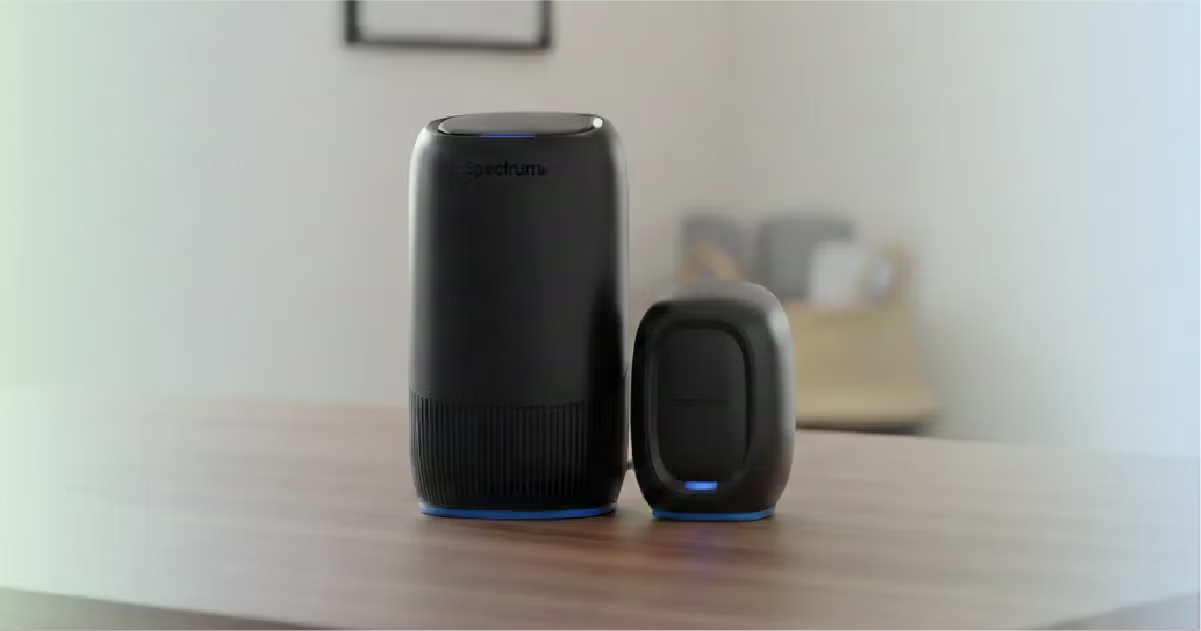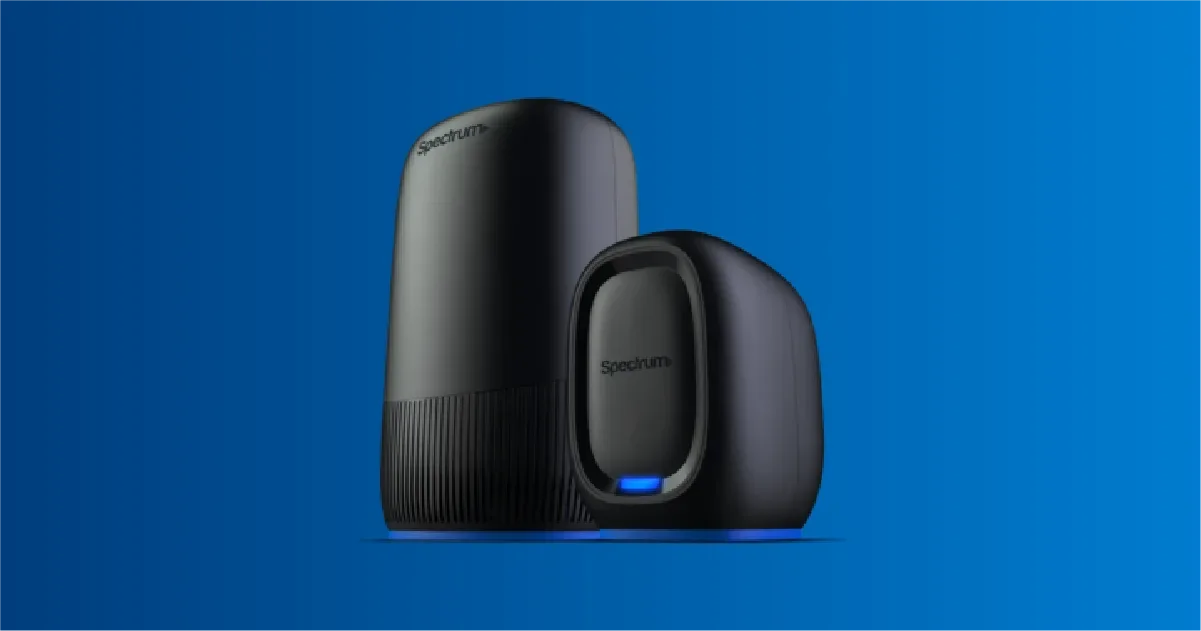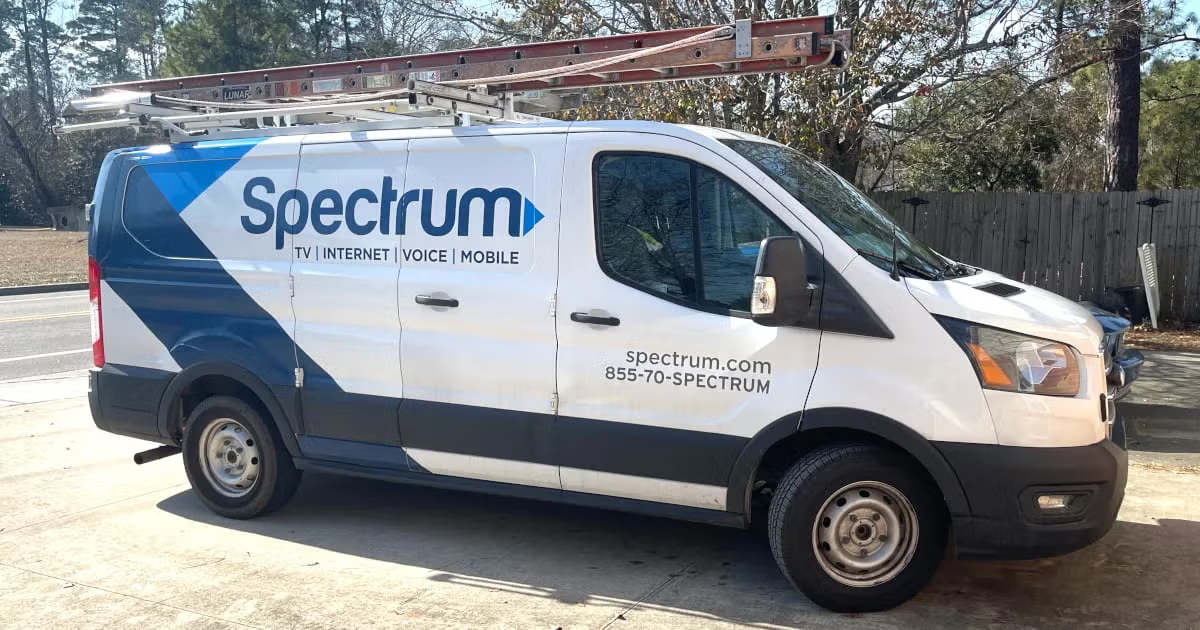Is 5G Good for Gaming?
Does a 5G fixed-wireless internet connection have what it takes to power heavy online gaming?
Feb 18, 2026 | Share
Internet Speed Guides, Technology
New 5G fixed-wireless internet services are proving to be a capable alternative to traditional cable and fiber, as evidenced by 5G’s excellent ratings in our 2023 customer satisfaction survey. But how does 5G fixed-wireless stack up when it comes to gaming?
Online gaming is the ultimate internet service test. For a good experience, gamers need a fast, stable, and responsive internet connection, and we’re happy to report that 5G delivers. In fact, many 5G home internet services come with perks that could make it preferable to other internet types for gaming in particular.
Keep the speed. Ditch the cables and tech appointments.
Enter your zip code to see fixed-wireless internet providers in your area.What gamers need out of their internet service
Gamers need three things above all else out of their internet connection: low latency, a reliable connection, and a good amount of data. Notice that internet speed doesn’t make the list (although 5G is fast). Gaming doesn’t take a lot of bandwidth, which are the numbers marketed to you as internet speed. It’s the more microscopic aspects of the internet connection that play a big role for gamers: how long it takes for a key press to register, how consistent the connection is over time, etc.
5G home internet and latency
Online gaming is particularly time-sensitive, making latency the most crucial internet spec for gamers. Measured in milliseconds (ms), latency is the amount of time it takes your computer to receive a response after sending out an internet signal, such as a mouse click or key press.
If you’re gaming on a connection with bad or “high” latency, you’ll experience a delay between your key presses and mouse clicks, and when you see those actions materialize in the game—this delay is known as lag. For a quality experience, gamers need an internet connection with low enough latency that this delay is either imperceptible or small enough that it doesn’t affect their performance.
Based on ISP reporting, our testing, and customer reviews and ratings, 5G fixed-wireless internet is capable of providing buttery smooth gaming experiences as a low-latency internet service. With latency measurements, the lower the better, but most gamers are comfortable with anything at 100ms and under.
T-Mobile reports very low estimated latency between 19–39ms, and Verizon estimates its 5G fixed-wireless latency to be below 30ms. This syncs up with our T-Mobile 5G Home Internet test, where we saw average latency measurements of about 18ms and an average of 3.5ms of latency jitter. Cable and fiber internet can get even lower latency readings, but all these numbers are so low that you wouldn’t notice the difference.
Download speed
000 Mbps
Upload speed
000 Mbps
Latency (ping)
00 ms
Jitter
00 ms
Data caps on 5G Home Internet
Gamers should also pay attention to their plan’s data cap, which limits how much data they can download from the internet. Most popular video games are huge files, sometimes reaching over 100GB in size. And there’s the updates, which often happen automatically and can eat up just as much data. Going over your data cap is not fun. Usually, you’ll get hit with fees that compound the more you go over; some ISPs may even cut off your internet service completely.
New internet services attract customers by offering great perks, and this is the stage many 5G fixed-wireless services are in right now. For the two biggest 5G fixed-wireless ISPs in the US (T-Mobile and Verizon) one of those great perks is unlimited data. For gamers, this means not having to think twice before downloading games and updates.
How reliable is 5G home internet?
Spotty internet and gaming don’t mix. Depending on the game, sessions can last an hour or even longer, and any interruption in service can result in being dropped from the game. Gamers need a consistently reliable internet service to avoid these frustrating interruptions.
One of my biggest reservations when 5G home internet started to hit the market was its reliability. If it runs on a cell tower internet signal, does the service drop in and out like cell service? Thankfully, no, it doesn’t.
With your cell phone, you’re moving around all the time, causing your internet service to deal with constant changes in reception and signal obstructions. A 5G fixed-wireless gateway will stay in a single spot in your home, allowing it to maintain a more static signal strength, which helps keep the service consistent.
In fact, 5G’s wireless nature provides an advantage when it comes to reliability. If you need to improve your signal quality, all you have to do is move the gateway to a better location in your home, no cables, technician, or appointment required. And the ISPs provide app-based tools that help you find the perfect spot.
During our home test of T-Mobile’s 5G Home Internet, service reliability was excellent with no extended outages and only minor sputters that you’re practically guaranteed to experience with any internet service.
We also asked 5G fixed-wireless customers how reliable their service was in our 2023 customer satisfaction survey. Not only did 5G keep up with cable and fiber, but it actually received higher reliability ratings than cable internet and fell just short of fiber’s reliability ratings. To back up 5G’s reliability even further, the nation’s primary 5G fixed-wireless ISPs, Verizon and T-Mobile, received the highest reliability ratings of all major providers.
What about speed?
Even though speed isn’t a primary concern for online gaming, it’s still important for other applications and could also help your game downloads and updates complete faster.
5G fixed-wireless has plans as fast as 1,000Mbps, so going with 5G doesn’t mean sacrificing speed. Just like any other service, you choose the speed that best fits your needs.
Best 5G fixed-wireless internet for gaming
T-Mobile and Verizon are the top 5G fixed-wireless internet providers in the US, according to the 7,000+ internet customers we surveyed this year. Both have excellent coverage throughout the continental US and deliver fast and reliable 5G home internet suitable for online gaming. But which should you choose?
If you want the best deal, go with T-Mobile, which offers one straightforward internet plan that provides everything you need for a flat $50 per month: fast speeds, a free internet gateway rental, and unlimited data are all included. Plus, the setup is extremely quick and easy; during our T-Mobile home test the entire process took about 15 minutes.
Verizon offers faster speeds and more variety, but its plans are more expensive. With Verizon, you still get unlimited data and a free rental gateway, though the installation can be a bit more work.
| Package | Price | Speed | Perks | View on ISP site |
|---|---|---|---|---|
| T-Mobile 5G Home Internet | $50–$70/mo.* w/ AutoPay, plus taxes & fees. | Up to 318–498Mbps | Unlimited data Free equipment rental Easy setup | View Plan |
| Verizon | $50–$75/mo.† w/ Auto Pay | Up to 1,000Mbps | Unlimited data Free equipment rental | Shop Plans |
*Guarantee exclusions like taxes and fees apply.
†Price per month with Auto Pay & without select 5G mobile plans. Consumer data usage is subject to the usage restrictions set forth in Verizon’s terms of service; visit: https://www.verizon.com/support/customer-agreement/ for more information about 5G Home and LTE Home Internet or https://www.verizon.com/about/terms-conditions/verizon-customer-agreement for Fios internet.
Author - Austin Aguirre
Austin worked as a broadband technician installing and troubleshooting countless home internet networks for some of the largest ISPs in the U.S. He became a freelance writer in 2020 specializing in software guides. After graduating with a BS in technical communication from Arizona State University, he joined the team at HighSpeedInternet.com where he focuses on home network improvement and troubleshooting.




